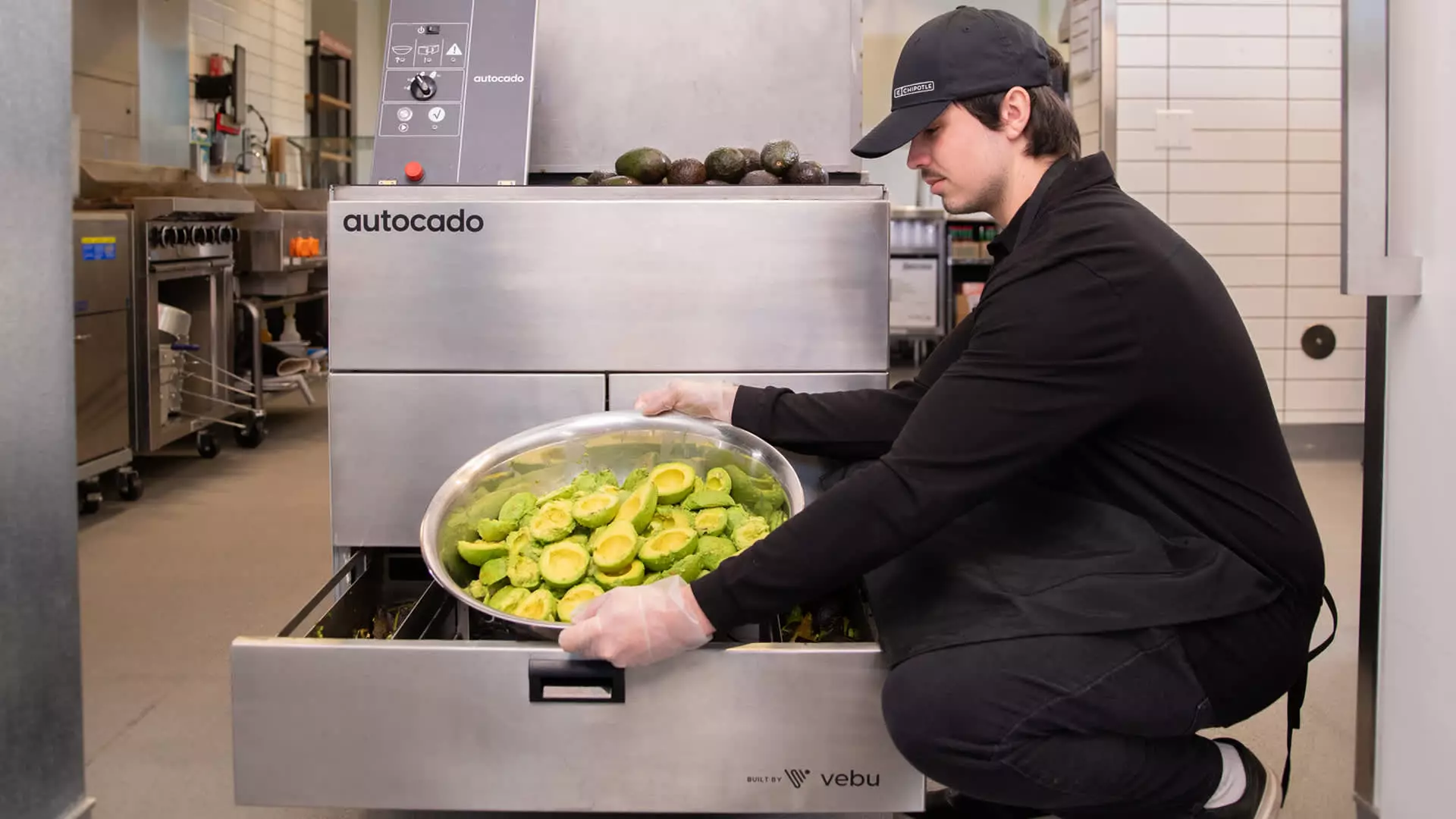The rise of automation in various industries has been a topic of discussion for many years. The World Economic Forum’s Future of Jobs Report for 2023 indicates that both humanoid and nonhumanoid robots will lead to a reduction in employment in the coming years. However, this does not mean that all hope is lost for workers. In fact, there is a growing opportunity for individuals to become part of the process of building and implementing this technology.
The Impact on Different Sectors
According to the study, the sectors most likely to adopt robotics are electronics, energy tech and utilities, and consumer goods. However, the effects of automation will vary depending on the industry. For example, the WEF study found that companies operating in the production of consumer goods and the oil and gas industry anticipate job losses due to automation. On the other hand, companies in information and technology services expect the creation of new jobs in the next five years.
New Job Opportunities
Robotics companies like Zipline are actively seeking employees as they expand their operations. Zipline, a startup based in San Francisco, designs, builds, and operates autonomous delivery drones. They offer a range of positions from electrical and mechanical engineering to coding and security. The CEO of Zipline, Keller Rinaudo Cliffton, emphasizes the potential for job growth in the field of robotics and the positive impact it can have on both workers and the environment.
The Advantages of Automation
The Association for Advancing Automation argues that the use of automation has two key advantages. Firstly, it reduces challenges for workers by eliminating monotonous or dangerous tasks from their day-to-day responsibilities. Secondly, it allows companies to remain competitive and efficient in the production process. Automation can also address labor shortages, providing better and safer job opportunities for workers.
A Delicate Balance
While automation can make employees’ lives easier, businesses must strike a balance between utilizing automation and preserving human roles. Unions and labor rights advocates often express concerns about the complete replacement of human workers by robots. However, the large-scale adoption of robotics in China serves as evidence that automation is crucial for maintaining a global business edge.
The Impact on Food Service
The food service industry is also experiencing the effects of automation as companies seek to increase productivity. Vebu Labs, based in El Segundo, California, is collaborating with Chipotle to develop robots that assist in food preparation. Chipotle has been testing robots that can help with tasks like avocado preparation and chip-making. By automating these processes, workers can focus on other essential tasks in the kitchen. Vebu Labs is actively hiring in roles ranging from engineering to accounting to meet the growing demand for their services.
The Need for Training
While robots and automation may solve labor challenges in certain sectors, there is a shortage of workers with the necessary skills to build and operate these technologies. Jeff Burnstein, the president of the Association for Advancing Automation, emphasizes the importance of providing training opportunities for individuals to learn how to use and build robots. In his view, a four-year college degree is not the only path to a great job, as there are companies hiring individuals right out of high school due to the shortage of technical skills in the workforce.
A Brighter Future
Automation undoubtedly poses challenges, but it also creates vast opportunities for individuals to be part of this technological revolution. By embracing automation, companies can streamline processes, improve efficiency, and create higher-paying jobs. Though the future may seem uncertain, it is essential to adapt and acquire the necessary skills to thrive in an increasingly automated world. With the right training and mindset, both businesses and workers can navigate the changing job landscape and build a brighter future together.


Leave a Reply